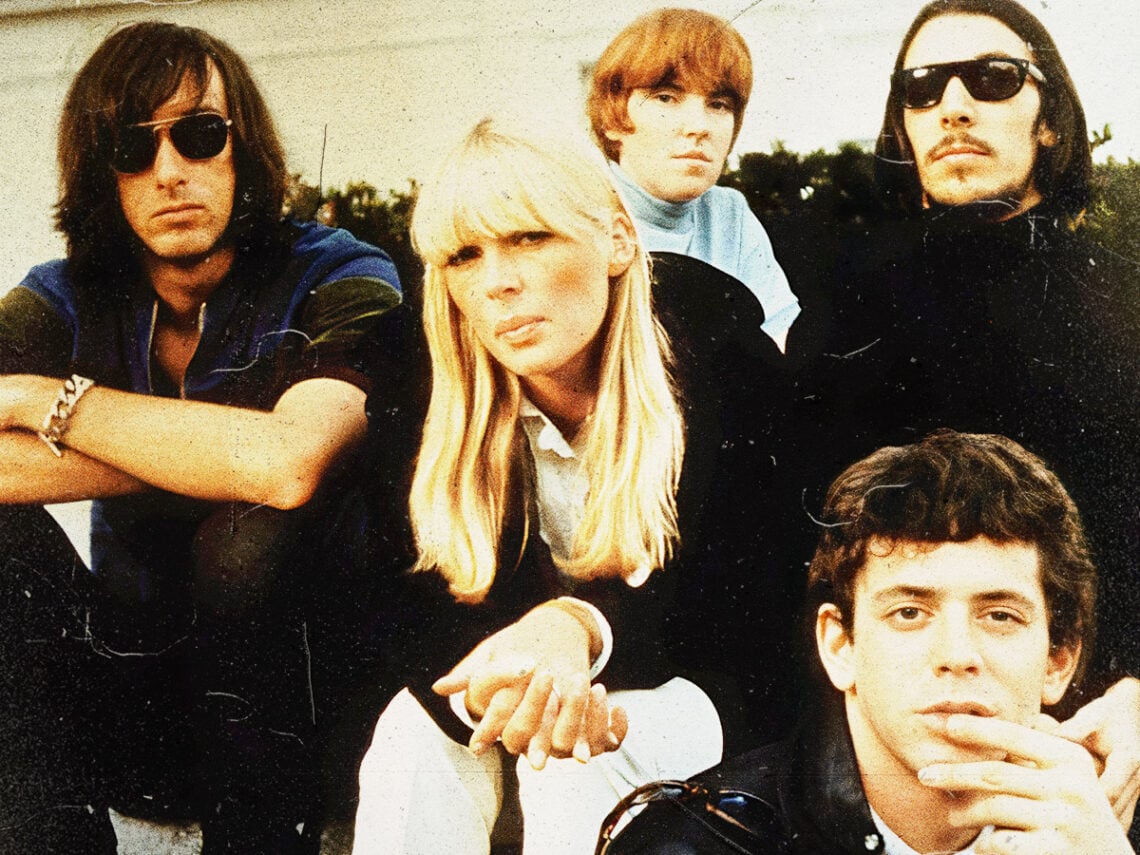
(Credits: Far Out / Polydor)
It almost seems like a mistake that The Velvet Underground became famous in the first place. From the reviews from around the time they came up, no one wanted anything to do with them, and yet Lou Reed’s brand of punk-themed lyricism and art-rock grittiness made them one of the most important bands to ever exist. Although the band were more inclined to follow their muse regarding art-focused influences, Maureen Tucker claimed to get everything she knew from listening to The Rolling Stones and Bo Diddley.
When you listen to Tucker’s drums out of context, they sometimes sound like pure chaos. That’s not necessarily by design, either. Tucker claims that the final version of what became ‘Heroin’ came together when she got lost and practically stopped playing halfway through the take.
Despite her reluctance, Tucker may be one of the most underrated drummers of the entire 1960s. She wasn’t a technician like Ginger Baker or a song-based drummer like Ringo Starr, but her way of keeping a steady tempo and knowing when to fly off the handle is one of the foundations of what punk rock drumming would sound like later.
As it turned out, that came from Tucker looking up to Diddley and The Stones, telling PBS, “I was just playing along to one Rolling Stones and Bo Diddley and stuff. And it was the same as the same as it is now primitive. And at that point, I really wasn’t trying to sound African. I was just playing along two records I enjoyed. Oh, Bo Diddley and the Stones and African music.”
Given his solid groove, it’s no wonder why Bo Diddley ended up leaving an impression on Tucker. The percussive attack of his riffs was half the reason why people loved him, and the signature swing that he put into his parts is evident on nearly every rocker that came afterwards, being used by everyone from Bruce Springsteen to Guns N’ Roses.
While The Stones were more than happy to play along to the artists they idolised as kids, there was much more going on when Charlie Watts stepped behind the kit. Despite being trained in jazz music, Watts knew how to surrender to the song most of the time, either laying back in the groove or bringing a sense of urgency to their fierce songs like ‘Paint It Black’.
Then again, it’s not like Tucker suddenly adopted the sounds of world music in some of The Velvets’ classic tunes. Much of her knowledge about those African rhythms was taken from secondhand accounts by these rock and rollers, but that didn’t mean that she couldn’t put her own spin on it.
Even though many fans didn’t see any rhyme or reason to a song like ‘Sister Ray’, it’s a masterclass for what Tucker was always good at, making drum parts that are more reactionary to the other members of the band than something that will give her an approving nod from the jazz players in the audience. The Stones and Bo Diddley gave her something to start with, but Tucker always knew that whatever she played would be a reflection of her influences rather than an imitation.